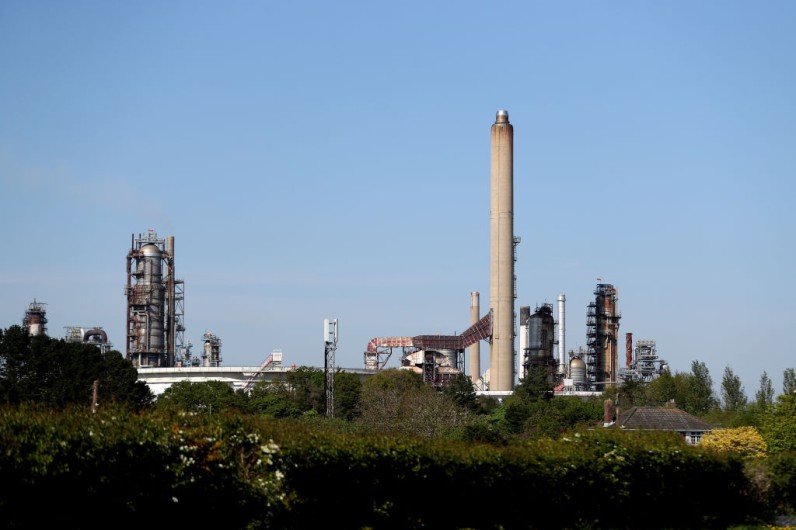
US crude oil prices surged to a two-month high on Tuesday, July 2, driven by escalating fears of potential conflict between Israel and Hezbollah, according to CNBC. This was also worsened by concerns about Hurricane Beryl's impact on Gulf Coast refineries.
In detail, West Texas Intermediate crude peaked at $84.38 per barrel, marking its highest level since late April, while Brent crude reached $87.46 earlier in the session. At the same time, gasoline prices rose to an average of $3.50 per gallon ahead of the Fourth of July holiday, a slight increase from last week but still lower than in recent months.
Why US Crude Oil Price Surged
Any escalation in conflict could lead to supply disruptions, whether through direct attacks on oil infrastructure or heightened risks that affect transportation routes like the Suez Canal or the Strait of Hormuz.
On the other hand, hurricanes and other natural disasters like Hurricane Beryl threaten oil production and refining capabilities, particularly along coastal regions such as the US Gulf Coast. These storms can force the shutdown of offshore drilling rigs, platforms, and refineries, temporarily halting oil extraction and processing operations.
Such disruptions reduce the availability of crude oil and refined products, leading to potential shortages and price spikes as markets anticipate constrained supply.
Industry experts, as shared by Yahoo Finance, warn of potential supply disruptions as Hurricane Beryl's path could affect refineries in Corpus Christi, Texas, where five facilities operate near maximum capacity. With refineries already operating at 90% to 95% capacity, any closures due to the storm could strain gasoline supplies.







Join the Conversation